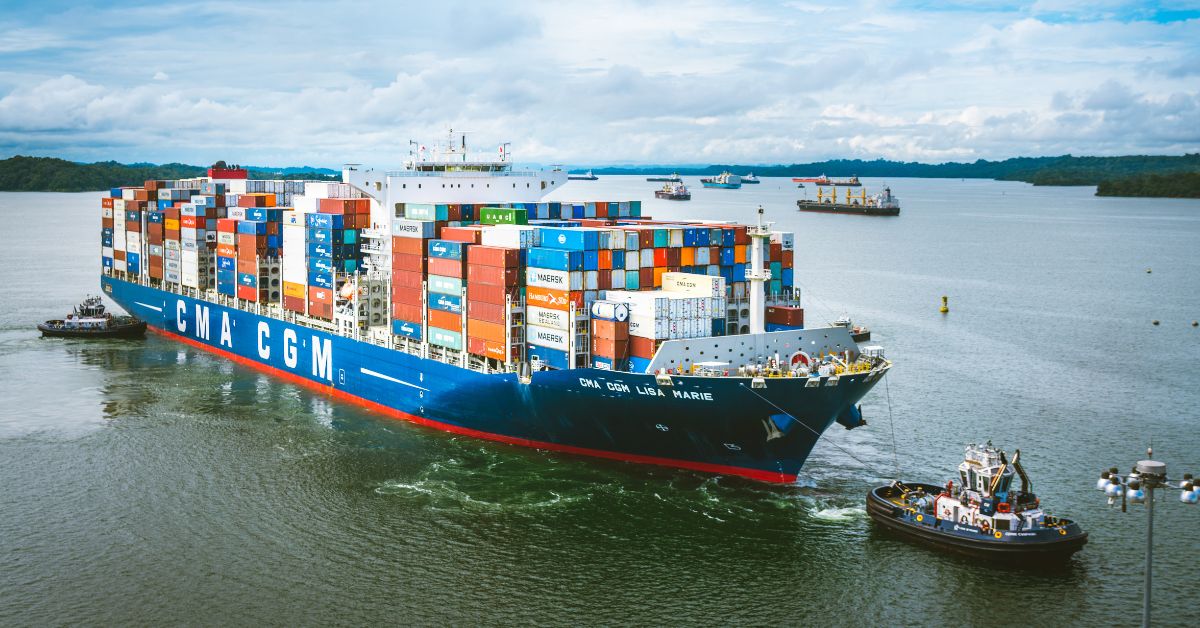Introduction:
The customs agency in London plays a pivotal role in facilitating international trade and ensuring compliance with customs regulations. As one of the world’s largest financial centers and a significant hub for global commerce, London’s customs agency is responsible for safeguarding the integrity of trade flows, collecting import duties and taxes, and implementing measures to combat illicit trade activities. This article explores the functions, significance, and challenges the customs agency faces in London. For more, check this website: https://agencja-celna.co.uk
Functions of the Customs Agency:
The primary function of the customs agency in London is to administer and enforce customs regulations and procedures. It is responsible for processing and clearing goods entering or leaving the country, assessing customs duties, and verifying compliance with trade policies and regulations. The agency works closely with other government bodies, such as the Border Force, to ensure the security of the supply chain and prevent the entry of prohibited or illegal goods.
Importance for International Trade:
London’s customs agency is a crucial component of the city’s international trade infrastructure. It provides certainty and predictability to businesses by ensuring the smooth flow of goods across borders. By collecting import duties and taxes, the agency contributes to the government’s revenue generation. Additionally, it plays a vital role in trade facilitation, helping businesses comply with customs requirements and reducing unnecessary barriers to trade.
Trade Compliance and Security:
The customs agency in London is responsible for ensuring trade compliance, which involves verifying that goods entering or leaving the country comply with regulatory standards, such as product safety, labeling, and intellectual property rights. By conducting inspections, risk assessments, and audits, the agency helps protect consumers from substandard or counterfeit goods. Furthermore, it collaborates with international counterparts to combat smuggling, money laundering, and other illicit trade activities, thereby safeguarding national security.
Challenges Faced by the Customs Agency:
Operating in a dynamic global trade environment poses several challenges for the customs agency in London. One of the key challenges is keeping pace with rapidly evolving technology and trade practices. The agency must adapt to digitalization trends, such as e-commerce and block chain, to effectively monitor and regulate cross-border transactions. Additionally, balancing trade facilitation with enhanced security measures presents an ongoing challenge, as the agency must streamline processes while mitigating risks associated with terrorism and organized crime.
Brexit Implications:
The United Kingdom’s withdrawal from the European Union, commonly known as Brexit, has had a significant impact on London’s customs agency. With the end of the EU’s customs union and single market, the agency now manages customs formalities and border controls between the UK and EU member states. This shift has necessitated the implementation of new procedures, such as customs declarations and rules of origin checks, to ensure compliance with the new trade arrangements.
Conclusion:
The customs agency in London plays a critical role in facilitating international trade, ensuring compliance with customs regulations, and safeguarding national security. Its functions encompass trade facilitation, revenue collection, and the prevention of illicit trade activities. To address the challenges posed by evolving trade dynamics and Brexit, the agency must continue to adapt, embrace technological advancements, and strike a balance between trade facilitation and security. By doing so, the customs agency in London will remain a crucial pillar of the city’s thriving global trade ecosystem.

